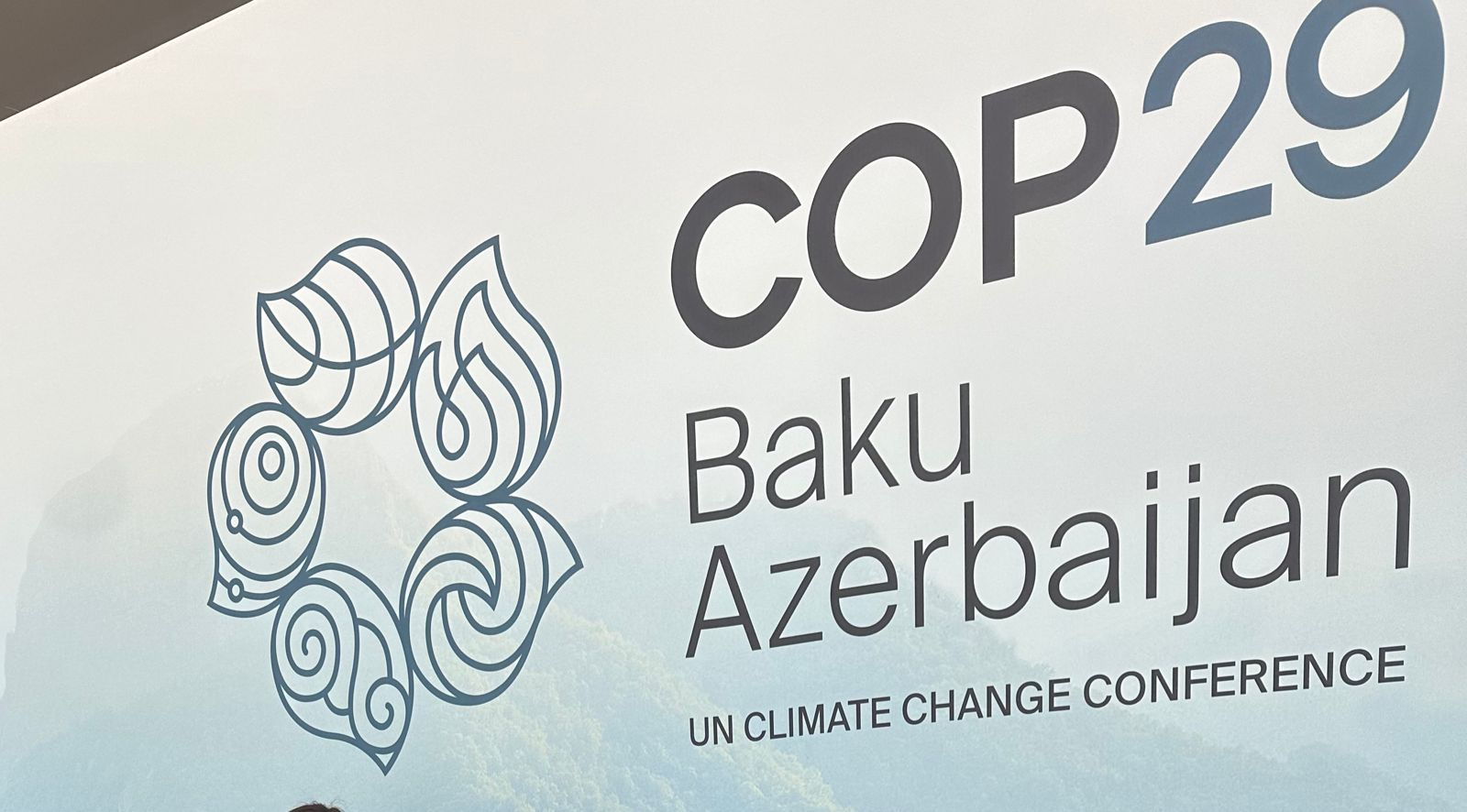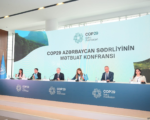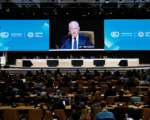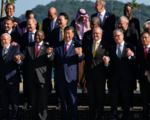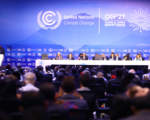Call for Unity Amid Financial Disputes
- Azerbaijan, host of the COP29 climate summit in Baku, urged nations to bridge divides and finalize a finance deal as the conference nears its conclusion.
- Central to the negotiations is a proposed framework for wealthier nations to commit hundreds of billions of dollars annually to aid developing countries in combating the escalating impacts of climate change.
Financial Gap and Global Stakes
- Economists estimate that developing nations need $1 trillion annually by 2030 to address climate challenges.
- Wealthy countries remain hesitant, stalling discussions on the scale of funding, the balance between grants and loans, and the inclusion of private-sector contributions in financial targets.
Negotiation Challenges
- A Thursday draft agreement presented two sharply contrasting financial plans but left key details unresolved:
- The annual investment figure was symbolically marked as “X.”
- Clear distinctions between grants, loans, and the role of private finance were absent, exacerbating frustrations.
- Delegates expressed dissatisfaction, warning that failure to achieve a middle ground could derail the talks.
Role of the United States and Global Dynamics
- Uncertainty looms over U.S. participation in climate finance, given President-elect Donald Trump’s climate skepticism and his administration’s historical withdrawal from climate initiatives.
- The return of U.N. Secretary-General Antonio Guterres to Baku emphasized the urgency of a deal, with Guterres warning that “failure is not an option.”
Next Steps
- A revised draft agreement is expected by midday Friday, with Azerbaijan encouraging delegates to propose bridging solutions.
- Historically, COP negotiations often extend beyond deadlines, raising the possibility of prolonged discussions to finalize details.
Outlook and Implications
- The financial commitment from developed nations is pivotal for bolstering global climate action, particularly for vulnerable countries facing disproportionate climate impacts.
- A failure to agree on a robust deal in Baku could undermine trust and momentum in international climate efforts.


